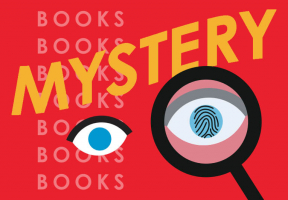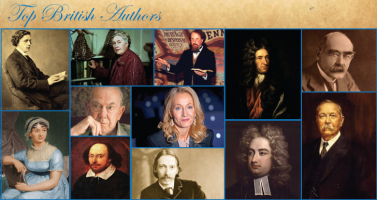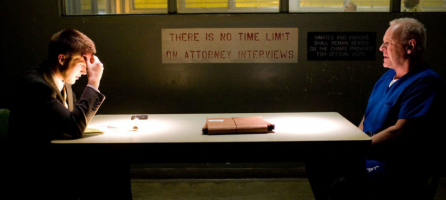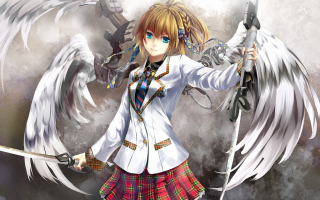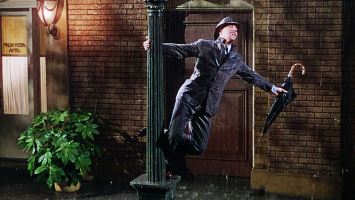Top 10 Best French Authors of All Time
In roughly two centuries, France has produced a plethora of outstanding writers who have influenced literature and art all around the world. The list below ... read more...includes Great France authors, poets, the best playwrights, and writers from all genres of fiction and nonfiction. Let's find out the Top 10 Best French Authors of All Time to have more information!
-
François-Marie Arouet, also known as Voltaire (21 November 1694 – 30 May 1778) is the pen name of Francois-Marie Arouet, a French philosopher, historian, essayist, and writer who was a key figure in the French Enlightenment. He was a poet, dramatist, and theoretical physicist, among other things. He was a well-known secularist, a Church critic, and a supporter of the separation of Church and State. Taking a stand like this and arguing for freedom of expression put him generations ahead of his time.
Voltaire was one of the first authors to achieve international acclaim and commercial success. One of his accomplishments was that he went beyond the limits of France to become a well-known writer who influenced minds all throughout Europe. He wrote a number of plays and nearly fifty books, including his most renowned and lasting, Candice, in addition to his works on every topic conceivable, including race, slavery, and economics. His polemics sarcastically mocked bigotry, religious orthodoxy, and the institutions of his day in France.
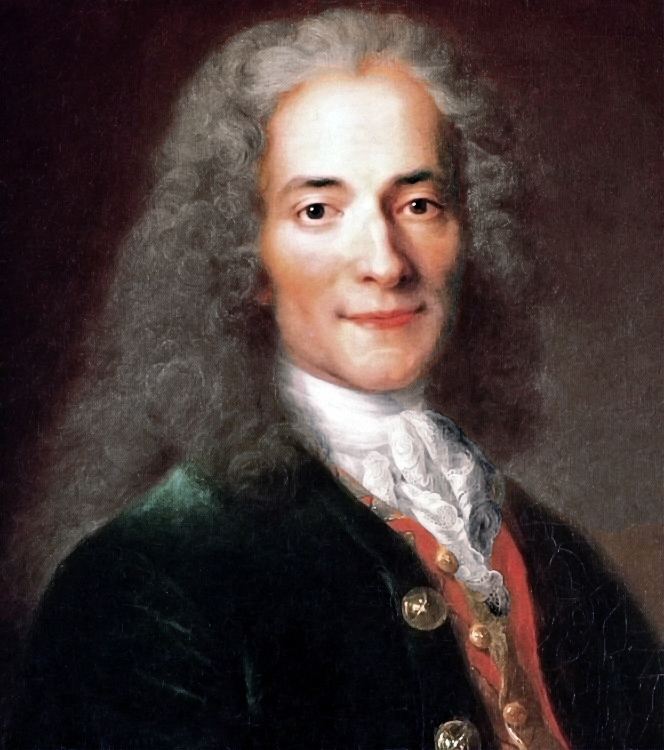
Voltaire 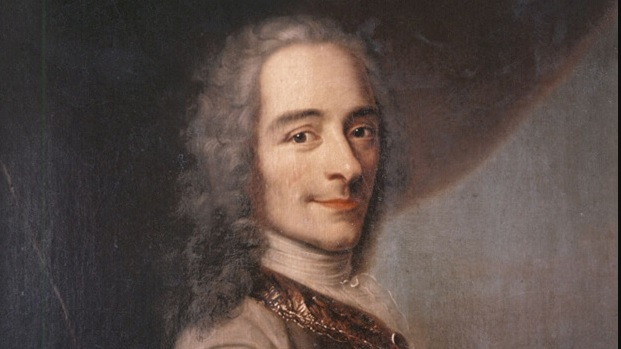
Voltaire -
Victor-Marie Hugo (February 26, 1802 – May 22, 1885) was a Romantic-era French poet, writer, essayist, playwright, and dramatist. He wrote in a wide range of genres during the span of his creative career, including songs, satires, epics, philosophical poetry, epigrams, novels, history, critical essays, political speeches, funeral orations, diaries, and correspondence public and private, as well as verse and prose dramas.
Hugo is often regarded as one of France's greatest and most well-known writers. His most renowned works outside of France are the novels Les Misérables (1862) and The Hunchback of Notre-Dame (French: Notre-Dame de Paris), both published in 1831. Hugo's poetry volumes, such as Les Contemplations (The Contemplations) and La Légende des siècles, are well-known in France (The Legend of the Ages). With his plays Cromwell and Hernani, Hugo was at the forefront of the Romantic literary movement. Many of his works, especially the musicals Les Misérables and Notre-Dame de Paris, have inspired music, both during his lifetime and after his death
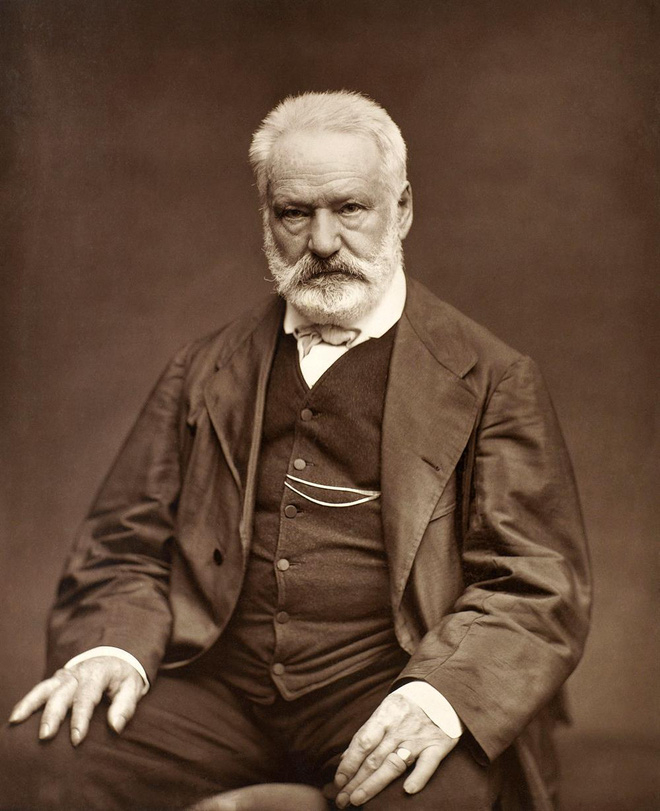
Victor Hugo 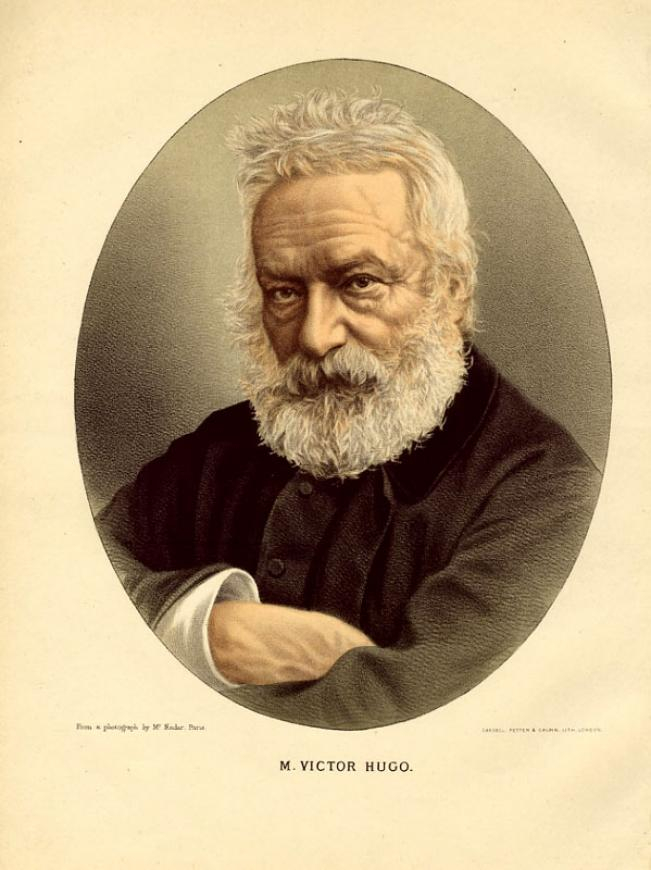
Victor Hugo -
Charles Pierre Baudelaire (9 April 1821 – 31 August 1867) was a French poet, writer, and art critic who wrote a number of noteworthy works. His poems show mastery of rhyme and rhythm, have an exoticism acquired from the Romantics but are based on real-life observations.
Les Fleurs du Mal (The Flowers of Evil), his most renowned work, is a collection of lyric poetry that reflects the changing nature of beauty in quickly industrializing Paris during the mid-nineteenth century. Baudelaire's very innovative prose-poetry approach impacted a whole generation of poets, including Paul Verlaine, Arthur Rimbaud, and Stéphane Mallarmé. He is attributed to coining the word modernity (modernité) to describe the transient, ephemeral experience of living in a city, as well as creative expression's obligation to preserve that experience.
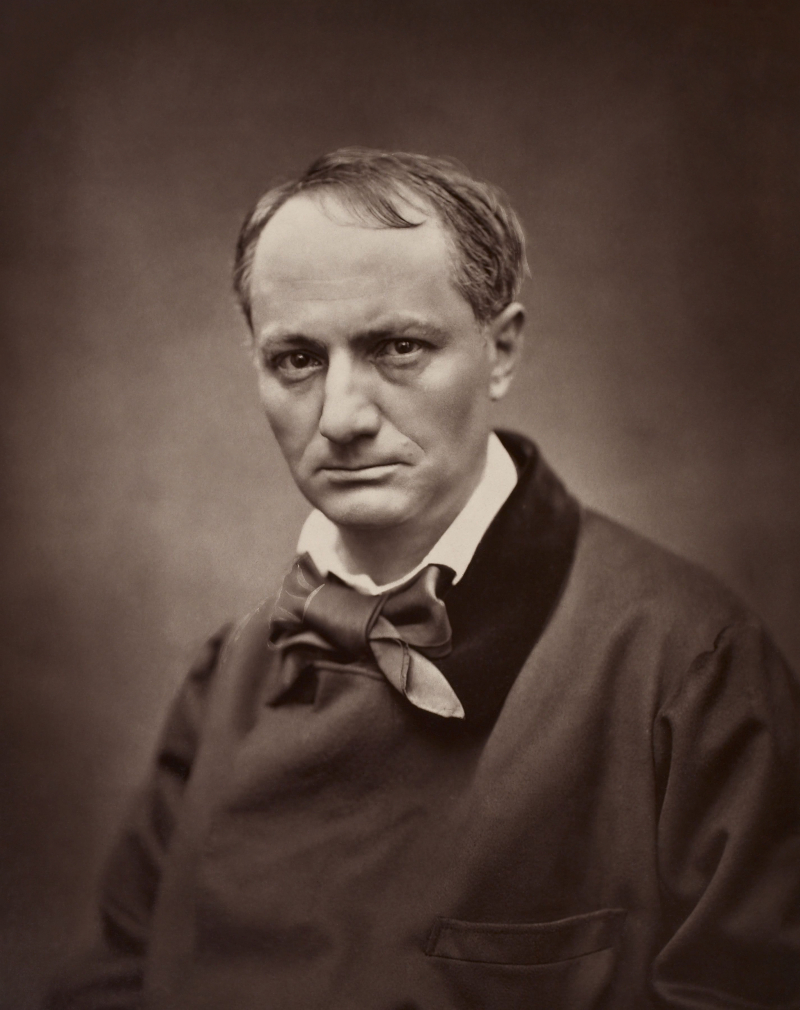
Charles Baudelaire 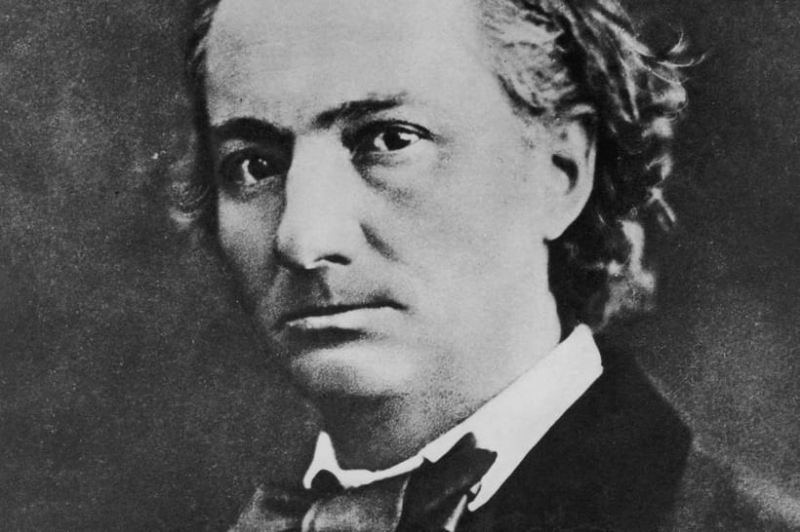
Charles Baudelaire -
Gustave Flaubert (December 12, 1821, Rouen, France—May 8, 1880), French author best known for his masterwork, Madame Bovary (1857), a realistic portrait of bourgeois life that led to a trial on grounds of the novel's alleged immorality. He was a powerful figure in his nation, and he was widely regarded as the foremost advocate of literary realism. "In Flaubert, realism aims for formal perfection, therefore the depiction of truth tends to be neutral, emphasizing the ideals and significance of style as an objective manner of portraying reality," writes literary theorist Kornelije Kvas.
He is most renowned for his first book, Madame Bovary (1857), as well as his Correspondence and his meticulous attention to style and aesthetics. Guy de Maupassant, the great short story writer, was Flaubert's protégé. A group of CNRS researchers developed a neural language model in Flaubert's honor on his 198th birthday (12 December 2019).
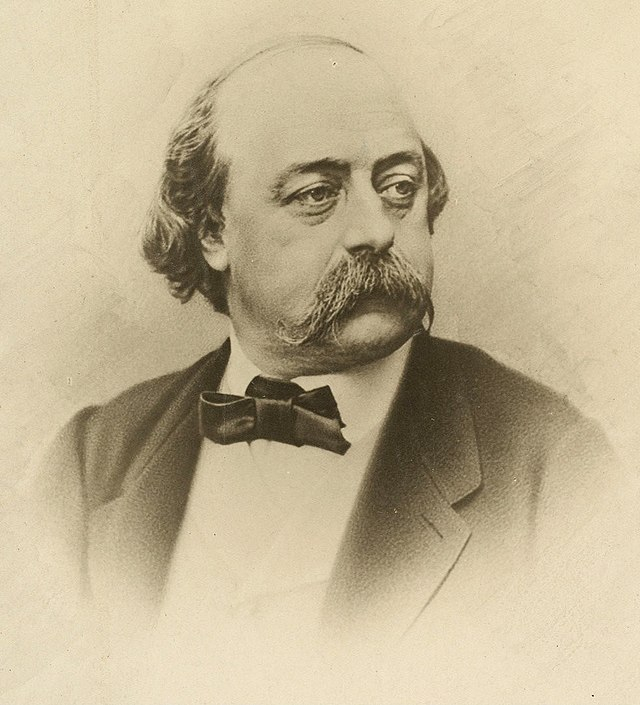
Gustave Flaubert 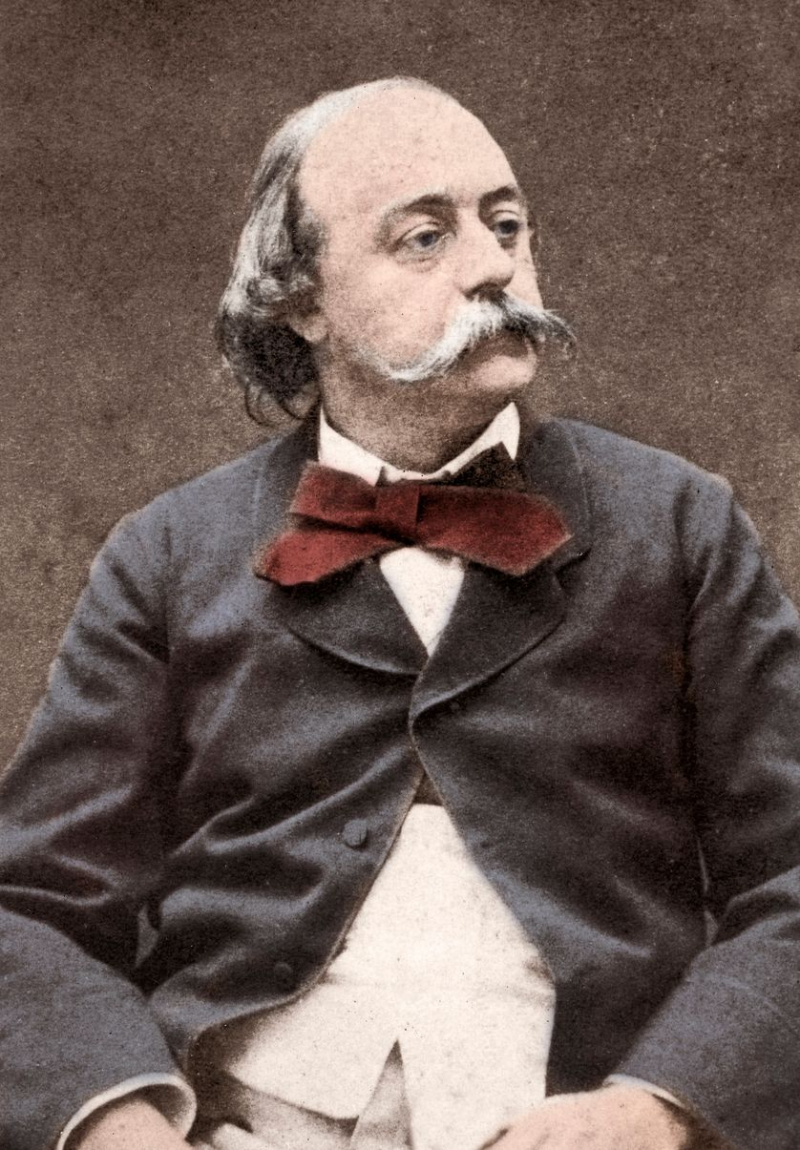
Gustave Flaubert -
Émile Zola (2 April 1840 – 29 September 1902) full name Émile-Édouard-Charles-Antoine Zola, was a French writer, critic, and political activist. His beliefs of naturalism, which underlie his monumental 20-novel series Les Rougon-Macquart, and his engagement in the Dreyfus Affair through his famous open letter "J'accuse," made him renowned.
Not only was Zola regarded as one of Europe's best writers, but he was also regarded as a man of action—a defender of truth and justice, a champion of the poor and oppressed. At his burial, Anatole France eulogized him as not simply a brilliant man, but "a moment in the human conscience," and hundreds of mourners, both rich and poor, lined the streets to applaud the passing casket. In 1901 and 1902, Zola was respectively nominated for the Nobel Prize in Literature for the first and second times.
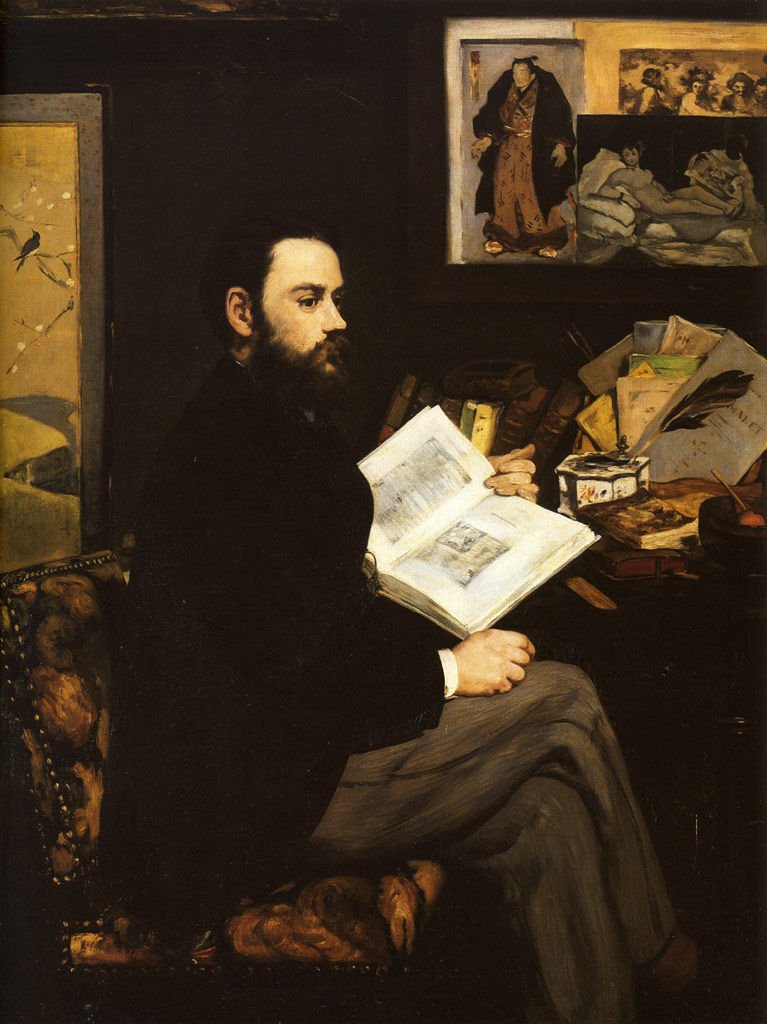
Émile Zola 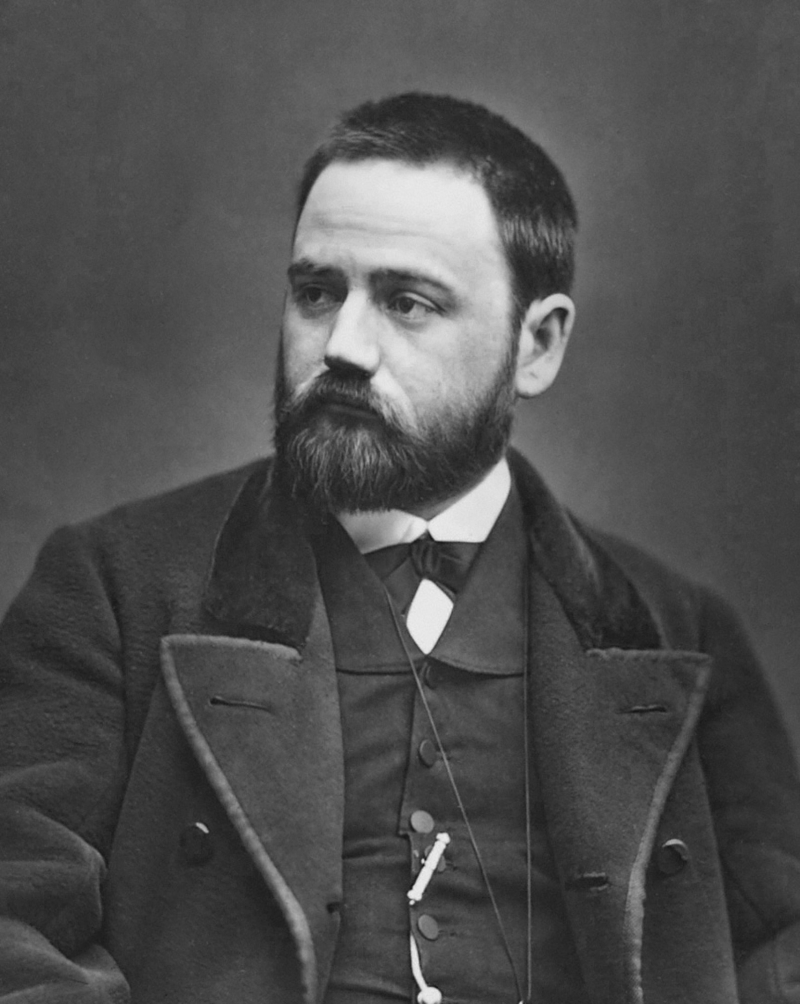
Émile Zola -
Henri René Albert Guy de Maupassant (5 August 1850 – 6 July 1893) was a 19th-century French novelist best known for his short stories. He was also a part of the Naturalist school, which presented individual lives, fates, and societal forces in disillusioned and often pessimistic terms.
Many of Maupassant's works are set during the Franco-Prussian War of the 1870s, portraying the futility of war and the innocent citizens who are profoundly altered by their experiences as a result of events beyond their control. He wrote 300 short stories, six novels, three travel books, and one collection of poetry throughout his lifetime. "Boule de Suif" ("The Dumpling"), his first published story, is often regarded as his most renowned work.
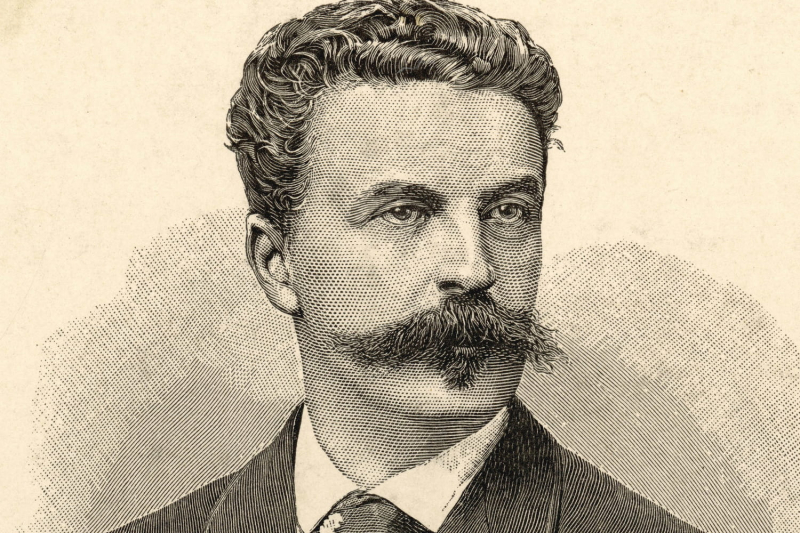
Guy de Maupassant 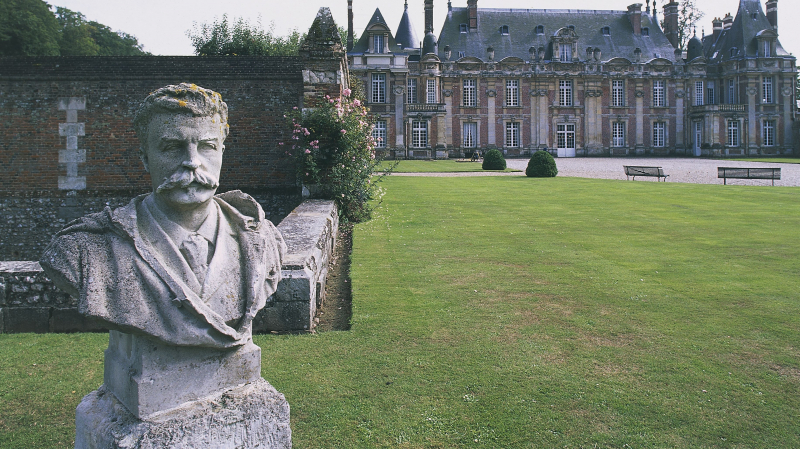
Guy de Maupassant -
Proust, Valentin Louis Georges Eugène Marcel (10 July 1871 – 18 November 1922) was a French novelist, critic, and essayist who wrote the monumental novel In Search of Lost Time (la recherche du temps perdu; with the previous English title translation of Remembrance of Things Past), which was originally published in seven volumes in French between 1913 and 1927.
Proust worked as a critic for the early portion of his adult life, as well as composing short stories and articles, before starting In Search of Lost Time at the age of 38, with each of the seven sections being published when they were completed. That carried on until after his death because he hadn't completed reviewing the final three by then. It's a tremendous undertaking, spanning 3,200 pages and containing almost 2,000 characters. The work stunned some of the most well-known literary figures of the day. It was dubbed "the best fiction to date" by Somerset Maugham, while Proust was dubbed the "greatest novelist of the twentieth century" by Graham Greene.
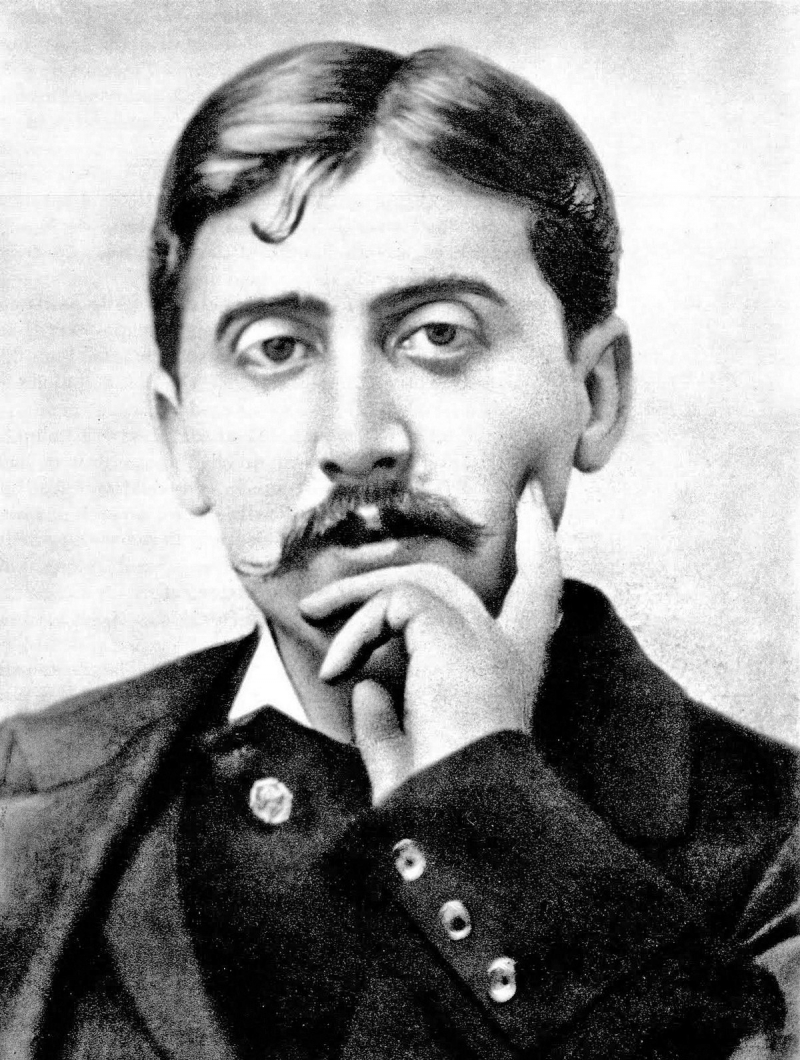
Marcel Proust 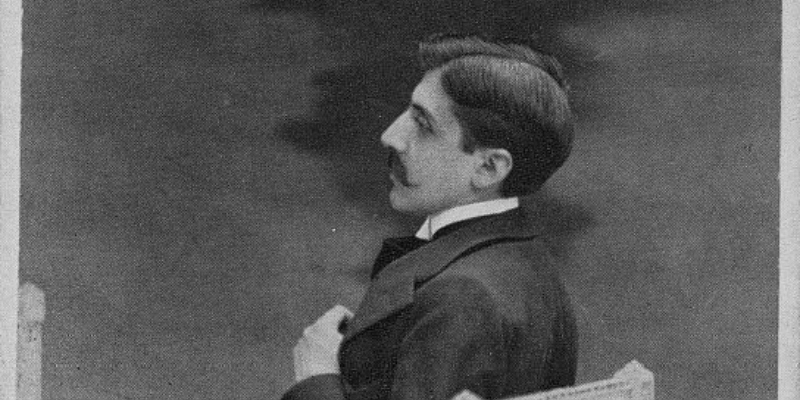
Marcel Proust -
Colette (28 January 1873 – 3 August 1954) was a French novelist and woman of letters born Sidonie-Gabrielle Colette. She was a mime, actress, and journalist, among other things. She is an outstanding novelist of the first half of the twentieth century whose best novels, largely concerned with the pains and pleasures of love, are notable for their command of sensual description. Colette is best known for her 1944 novella Gigi, which inspired a 1958 film and a 1973 stage version of the same name.
Colette was the annalist of feminine existence, a sensitive and witty realism. She mostly wrote about conventional roles for women, such as wife, abandonment, elderly, or déclassé mistresses. Her preferred genre was the novella, and her writing style was a mix of sophisticated and natural, interwoven with all the delicate cadences of sensual pleasures and intuitive insight.
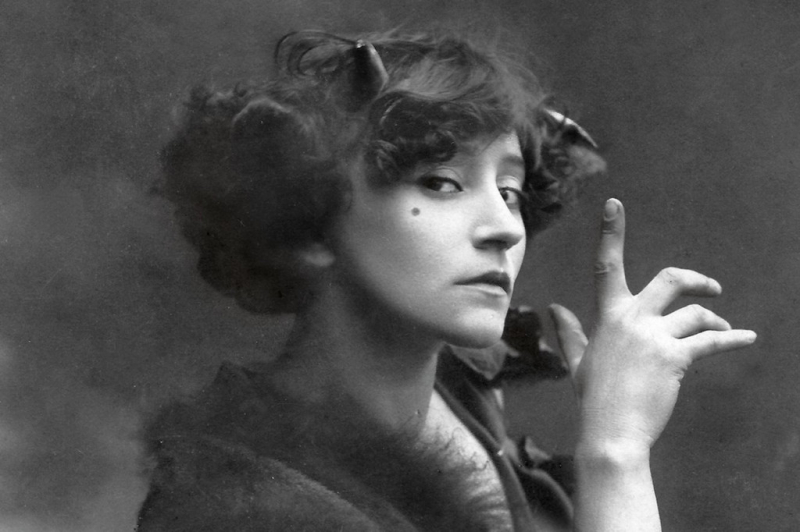
Colette 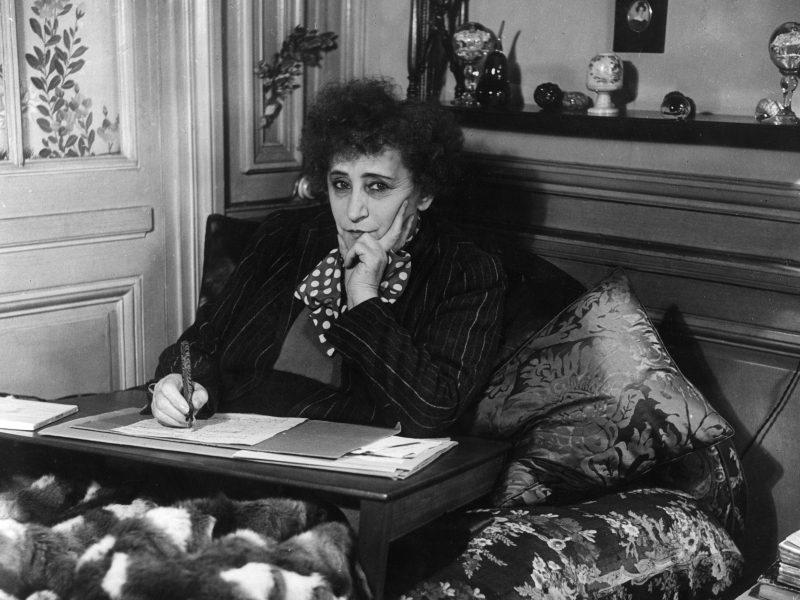
Colette -
Sartre, Jean-Paul Charles Aymard (21 June 1905 – 15 April 1980), was a French dramatist, novelist, screenwriter, political activist, biographer, and literary critic, as well as a significant figure in 20th-century French philosophy and Marxism. His work has had and continues to have an impact on sociology, critical theory, postcolonial theory, and literary studies.
Sartre succeeded in a variety of literary genres and made significant contributions to literary criticism and biography. His plays are full of symbolism and are used to communicate his philosophy. Despite his attempts to decline the Nobel Prize in Literature in 1964, he was granted it, saying that he never accepted official accolades and that "a writer should not allow himself to be turned into an institution."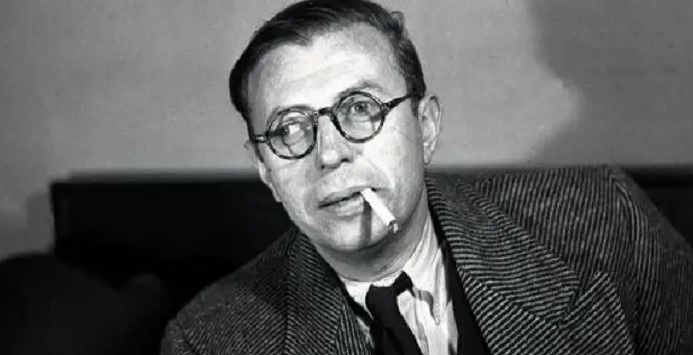
Jean-Paul Sartre 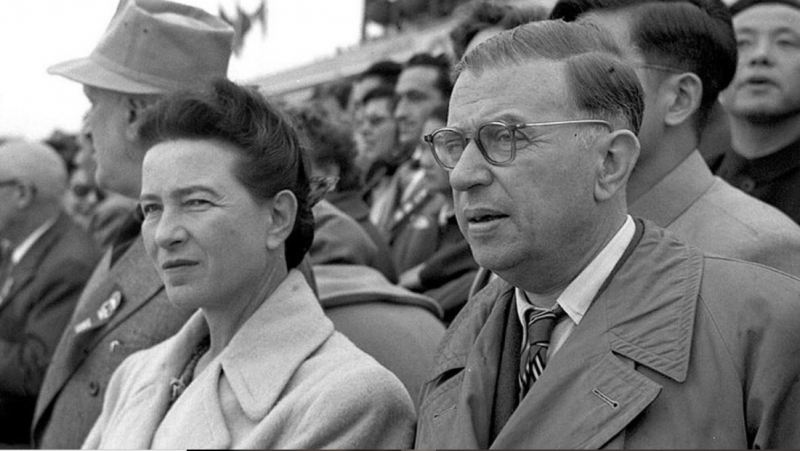
Jean-Paul Sartre -
Albert Camus (November 7, 1913, until January 4, 1960) was a French philosopher, essayist, and journalist. At the age of 44, he received the Nobel Prize in Literature, making him the second-youngest winner in history. The Stranger, The Plague, The Myth of Sisyphus, The Fall, and The Rebel are among his famous works.
After Globe War II, Albert Camus became the voice of his generation and the mentor of the next, not just in France, but also in Europe and finally the world, as a writer and dramatist, moralist and political theorist. His works, which primarily dealt with man's isolation in an alien universe, the individual's detachment from himself, the dilemma of evil, and the impending finality of death, accurately mirrored the postwar intellectual's alienation and disappointment. He is regarded as a pioneer of the existential novel, alongside Sartre.
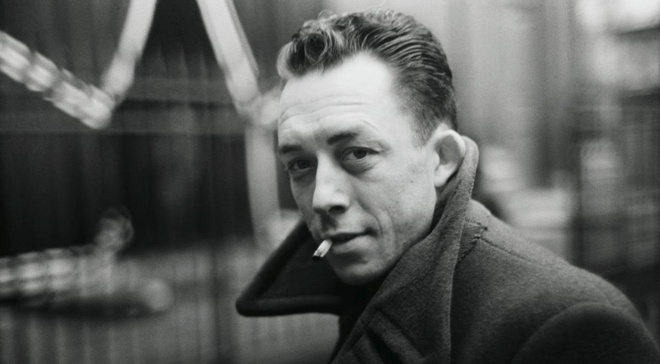
Albert Camus 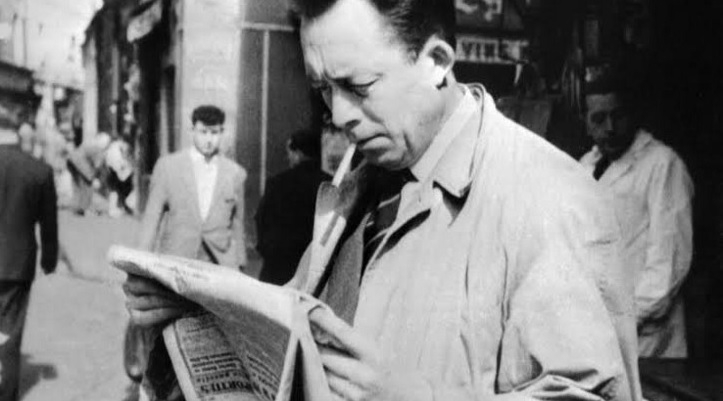
Albert Camus












